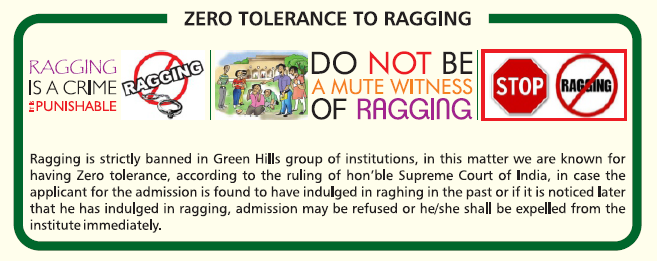One of the oldest engineering discipline, Civil engineering deals with the design, construction, & maintenance of man-made structures and naturally built environment, including works like roads, bridges, canals, dams, and buildings. From Transportation to Hydrology, Environmental to Construction, Civil Engineering is an area with a lot of diversity.
Civil engineers are in huge demand and this demand is expected to get a boost as all the countries are upgrading its infrastructure with growing economic and political influence. This outset opens a lot of opportunities for Civil Engineers in numerous private sector firms and government departments.
Innovation in construction plays an important role in making building construction faster and sustainable. New Innovation In the Civil Engineering industry emerges continuously with time to increase the efficiency, quality, and sustainability of a construction project.
New emerging new technology in civil engineering is influencing the construction industry like never before. It may be considered from cloud-based collaboration and artificial intelligence-based robots, super-materials, wearable tech, pollution-eating buildings, all contributing to improving the efficiency of the construction industry. So, here are some latest technologies in civil engineering and new ideas in civil engineering.
Duration:- 4 year
Eligibility:-All those candidates who have passed the 10+2 examination from a board recognized or established by Central/State Government through a legislation with Physics and Mathematics as compulsory subjects along with one of the following subjects:- 1.Chemistry 2.Biotechnology 3. Biology 4.Computer Science/Technical Vocational Subject
B. Tech 2nd Year (Lateral Entry)
- All those candidates who have passed the Diploma examination from an AICTE approved Institution and have obtained at least 45% marks (40% in case of candidates belonging to reserved category) in the appropriate branch of Engineering/Technology shall be eligible to apply.
BMI (Building Information Modeling), 3D Modelling, Modular Construction, Asset Mapping, Internet of Things, etc.
- Photovoltaic Glaze, Kinetic Roads, Self-healing Concrete, Kinetic Footfall, Thermal Bridging, 3D Modelling, Modular Construction, Asset Mapping, Internet of Things, and Drones are some of the latest technologies recently introduced in construction.
- Self-healing Concrete, Thermal Bridging, Photovoltaic Glaze, Kinetic Footfall, Kinetic Roads, 3D Modelling, Modular Construction are the reform contributing to advancement in civil engineering.
- A career in Civil Engineering is satisfying, challenging and offers promising prospects for upward progression. It is expected that the demand for Civil Engineers all over the world will only grow in the coming years. Engineering companies all over the world are in need of Civil Engineers to develop new technologies, build better buildings, create better cities, get people to where they want to go in the best way possible, and counter the devastating effects of climate change.
One of the oldest engineering discipline, Civil engineering deals with the design, construction, & maintenance of man-made structures and naturally built environment, including works like roads, bridges, canals, dams, and buildings. From Transportation to Hydrology, Environmental to Construction, Civil Engineering is an area with a lot of diversity.


